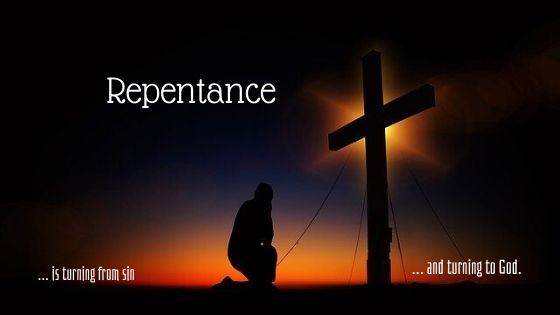The 7 Judgments of God
The Bible tells us that there will come a time when every person shall stand before God to face final judgment (Hebrews 9:27). However, many people do not understand that instead of one final judgment, we read from the Scriptures that there are a series of 7 future judgments. These judgments differ with respect to … Read more










